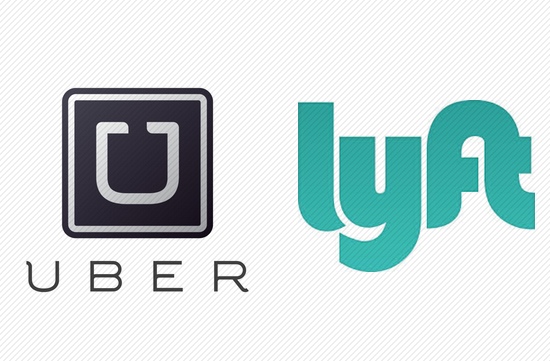Day #002: Embrace Uber and Lyft
Few industries are in as much need of creative destruction as taxis.

Inspired by Michael Bierut’s 100 Day Project, 100 Days to a Better RVA strives to introduce and investigate unique ideas to improving the city of Richmond. View the entire project here.
- Idea: Embrace Uber and Lyft
- Difficulty: 3 — Richmond doesn’t have a medallion system, so the consequences of deregulation are less than in a city like New York City where they value more than $1,000,000 each. Still, these are state laws that are old and have shaped an entire industry. Change wouldn’t come without a cost, but creative destruction rarely does.
The phantom taxi that never shows up. An empty queue at Richmond International Airport on Monday morning when businesspeople are trying to get downtown. Dirty cars, high prices, inattentive drivers talking on the phone, and an inability to differentiate and choose drivers. Few industries are in as much need of change as taxis.
On June 5th, 2014, Commissioner Richard D. Holcomb of the DMV sent cease and desist letters to two San Francisco based transportation companies shaking up the world of taxis. Uber and Lyft use smartphone apps to match drivers with passengers. The DMV and taxicab drivers’ beef: Uber and Lyft drivers are unlicensed.
Uber requires background checks and insurance, and their app has a sophisticated ratings system that allows customers to use discretion–something not possible with traditional taxis–but they are still not in compliance with Virginia laws.
The real problem here isn’t the licensing. It’s taxi companies’ total unwillingness to innovate and their obsession with rent-seeking1. Despite the incredible popularity of Uber since its founding in 2009, taxis in Richmond have not changed.
Before technology enabled better information for consumers, stricter regulation was absolutely necessary, but as Larry Downes points out on Forbes.com, regulatory capture2 has created a non-competitive industry. Rent-seeking and regulatory capture are terrible for customers, and for the first time ever, consumers have the opportunity to speak with their “feet”.
In economics, there are several factors that affect the competitiveness and allocative efficiency of markets. It appears the Uber and Lyft founders were paying attention in Econ 101.
- The services increase the number of buyers and sellers by using an app to augment what used to be done by line of sight and difficult phone calls. This lowers prices, increases options, and increases competitive pressures.
- They lower barriers to entry and barriers to exit which allows the number of cars in the market to more closely equal demand. It’s tough to get all of the proper documentation to set up a cab and the regulations are tedious and expensive. This makes it tougher to enter the industry. All of the licensing and fees also make it tougher to leave the industry because of sunk costs.
- Uber reduces transaction costs by giving a fairly accurate price prediction on the app, by including tip, and all payments are done through the app.
- The most impressive part of the system is how information has replaced tips and increased consumer and producer discretion. Instead of putting in extra effort for a tip (how often do taxi drivers do this anyway?), drivers are angling for 5-star ratings which are prompted at the end of every trip. Drivers also have the ability to rate riders.
Considering the need for better alternatives in Richmond and the incredible popularity of Uber and Lyft around the world, Virginia’s government should not only allow Lyft and Uber to operate but they should be encouraging their expansion into RVA.
Love this idea? Think it’s terrible? Have one that’s ten times better? Head over to the 100 Days to a Better RVA Facebook page and join in the conversation.
-
Instead of increasing efficiency and innovating, companies use regulations to stymy competition and maximize profits.
-
Since regulators spend a majority of their time dealing with companies, they gradually start to have a vested interest in them. Over time, regulations start to favor the companies more than the customers.
-
Recommend this
on Facebook -

Report an error
-

Subscribe to our
Weekly Digest






There are no reader comments. Add yours.